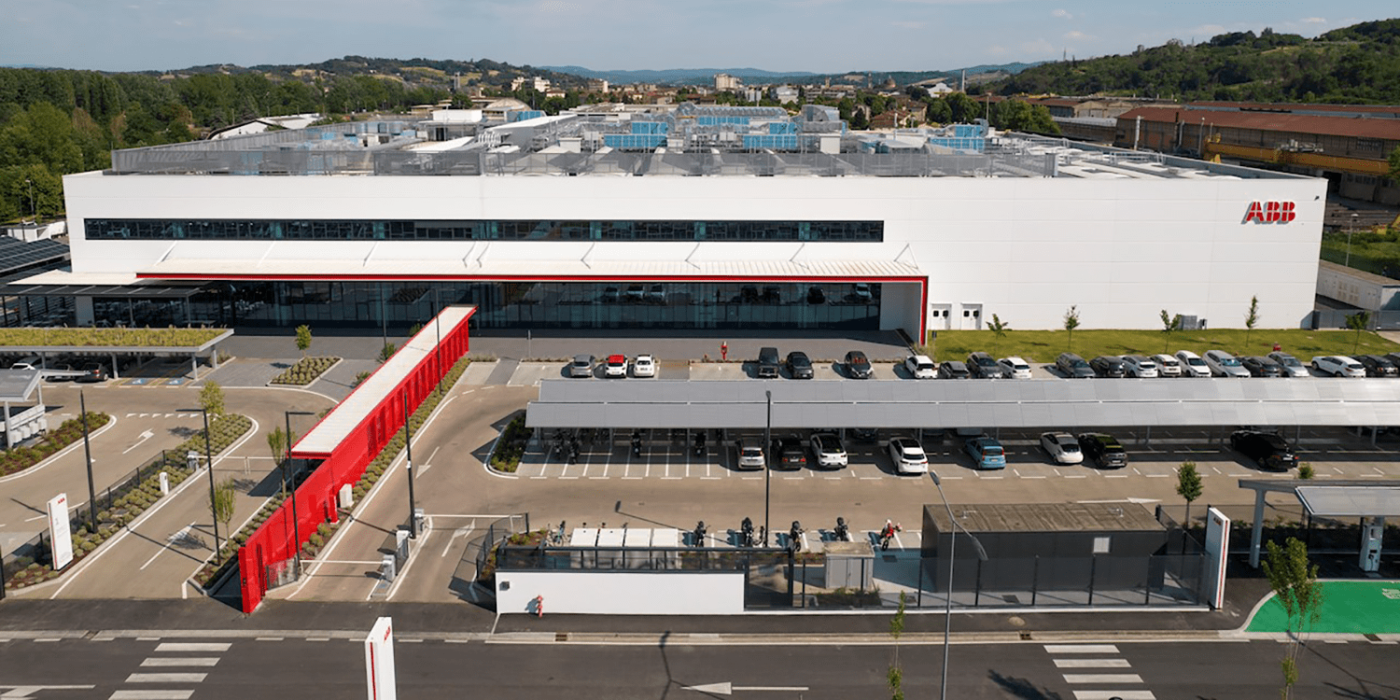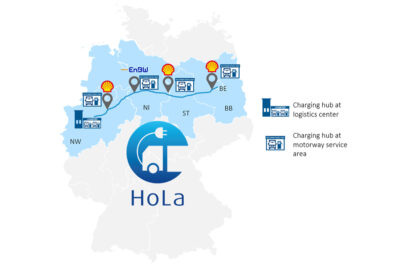ABB reveals battery Plant Optimisation Methodology
At the Battery Show North America, ABB unveiled its new Plant Optimization Methodology for battery manufacturing. The Swiss-Swedish company presented the way greenfield battery sites can jumpstart global operations. The company says that its agile approach aims to scale up to meet demand and reduce bottlenecks in the world’s gigafactory boom.
ABB says that its modular, repeatable methodology uniquely combines electrification, instrumentation, control and digital (EICD) technology. In addition, these aspects, along with the ABB Ability Adaptive Execution project execution approach and ongoing operational support, are combined into a single source solution to deliver an agile offering. ABB says this will enable new plants to achieve the fastest time to market.
In this entire concept, ABB’s declared methodology puts emphasis on the value of early collaboration. Here ABB’s Adaptive Execution is used to optimise plant design and performance by helping to minimise greenfield site project changes. This approach, according to ABB, compresses manufacturing schedules, reduces start-up hours and delivers CAPEX and OPEX savings.
“Our approach aims to support the production increases in gigawatt factories around the world to reduce the bottleneck in this fast-growing sector,” said Staffan Sodergard, Global Product Line Manager for Battery Manufacturing at ABB. “This is a very exciting, emerging space that holds tremendous potential to scale up to meet demand and, ultimately, enable a low-carbon society.”
Starting back in 2020, ABB is already delivering the power supply infrastructure from the local grid to the production facilities for Northvolt’s battery cell factory in Skellefteå, Sweden. This is not Northvolt’s first collaboration with the Swiss-Swedish group. In 2017 we reported that an agreement between the two companies involves a supply and technology partnership as well as R&D collaboration. ABB is responsible for supplying robotics, automation and electrification solutions and for contributing to innovations in battery technology in areas such as production platform, cell and module design and battery performance.





0 Comments